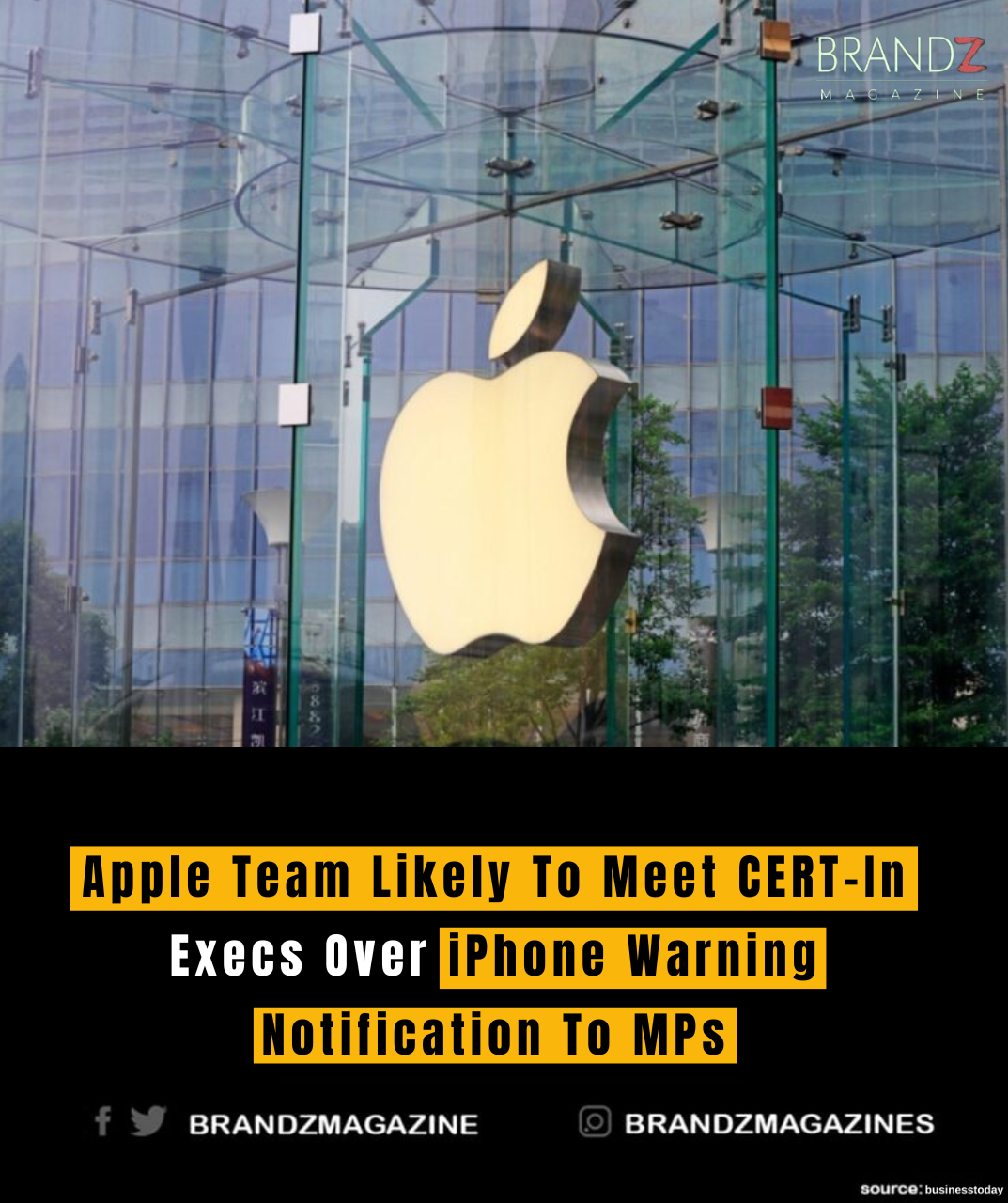
In a significant development, it has been reported that representatives from Apple are expected to meet with executives from the Computer Emergency Response Team-India (CERT-In) to discuss the recent controversy surrounding iPhone warning notifications sent to Members of Parliament (MPs) in India. The meeting is anticipated to address concerns raised by Indian officials about the privacy implications of such notifications and seek clarifications from Apple on the matter.
The controversy arose when several Indian MPs reported receiving warning notifications on their iPhones regarding potential security risks. The notifications, which appeared to be from Apple, urged the recipients to update their devices to the latest iOS version to address identified security vulnerabilities. This incident led to a wave of concerns among the MPs, questioning the source and authenticity of the messages.
CERT-In, the national agency responsible for responding to cybersecurity incidents, subsequently issued an advisory seeking information from Apple regarding the alleged security alerts sent to the Indian MPs. The agency sought details on the nature of the security vulnerabilities, the source of the notifications, and whether the alerts were legitimate or part of a phishing attempt.
The proposed meeting between Apple representatives and CERT-In executives is expected to provide clarity on these questions. Apple is likely to explain the mechanism behind the warning notifications, ensuring that they were not the result of a security breach or a phishing attempt. Additionally, the company may elaborate on the standard procedures it follows for alerting users about important software updates and security patches.
One of the key aspects of the discussion may revolve around the privacy implications of such notifications and whether they were appropriately targeted. Privacy concerns have become increasingly paramount, and Apple has positioned itself as a proponent of user privacy with features like App Tracking Transparency and enhanced security measures.
During the meeting, Apple may reiterate its commitment to user privacy and emphasize that the security alerts were sent with the intention of safeguarding users against potential threats. The company may share insights into how it determines which users receive such notifications and assure CERT-In that these processes are designed to protect user data and privacy.
This incident highlights the broader challenges and responsibilities associated with cybersecurity in an era where digital threats are prevalent. As technology companies continue to play a pivotal role in ensuring user safety and data protection, close collaboration between industry players and government agencies becomes crucial.
The outcome of the meeting between Apple and CERT-In is anticipated to shed light on the nature of the iPhone warning notifications and address any lingering concerns regarding user privacy and security. Additionally, it underscores the importance of ongoing dialogue between technology companies and regulatory bodies to navigate the complex landscape of cybersecurity and privacy, ensuring that users can trust the devices and services they rely on for their digital needs.

